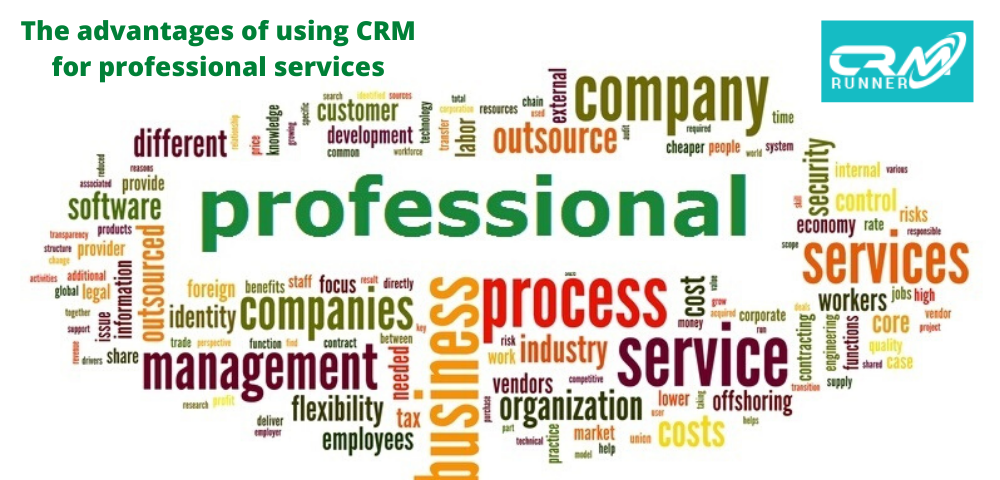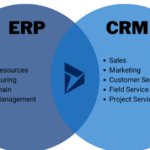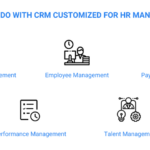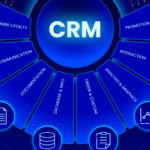Some of the most successful organizations thrive because of their long-lasting relationship with their customers. Customer retention is as significant as lead conversions for any business. Modern and efficient CRM systems help organizations attain these customer-driven objectives. They help companies make profits whether it is a corporate healthcare company or a professional service provider such as a law firm.
CRM systems for organizations of all sizes and across different industries are becoming an integral part of end-to-end business strategies. However, they are not (and should not be) implemented with a one-size-fits-all approach because the business models are different for every company. For example, firms that offer professional services may have a different attitude when it comes to closing a deal or maintaining customer relationships. Companies providing such services need to choose CRM software for professional services that best fit their goals.
To understand the benefits of implementing CRM for professional services, let’s look first at how professional services operate differently compared to traditional product-driven enterprises.
Often, companies that offer professional services do not have a dedicated sales team or sales processes as opposed to traditional corporate enterprises. In such companies, it is highly likely that the employees providing the service are also the ones making a sale. Also, as opposed to popular marketing strategies in traditional organizations, referrals and networking are of paramount importance for professional services when they want to get new customers. The results they get for their clients or how they perform for each client drive the profits. It is therefore always a priority to develop an excellent personal relationship with customers.
As professional services offer customized services to every client, it could be easy to assume that they fall in the domain of small businesses. However, this may not always be true. For example, a small-sized law firm offering specialized legal advice may experience fast growth. So, it would need to keep its operations scalable and maintain one-on-one customer relationships at the same time. CRM software for professional services can be handy in such situations as it makes the customer data easily accessible and retrievable on a central system.
The regular sales cycles of organizations that sell products would not work for the professional services sector. Because, as mentioned earlier, their offerings could be unique for every new client. For instance, professional services may charge the clients on an hourly basis or according to predetermined deliverables. Time and progress monitoring are essential for such service-based companies. So, using separate tools to store customer information and track hourly work is not the most efficient way to manage businesses.
All of these factors prove that the implementation of CRM systems will benefit professional services, but they can not deploy CRMs in the same way as traditional businesses do. So how can professional services ensure they make the most optimal use of CRM software?
With CRM it can be efficient and straightforward to handle complex cases. A competent CRM solution puts you in control of the communication, documents, and data related to the cases. It organizes all of it into manageable parts and enables you to monitor them closely. The workflow becomes structured, and it becomes easier to pinpoint bottlenecks at every step or stage of the case.






0 Comments